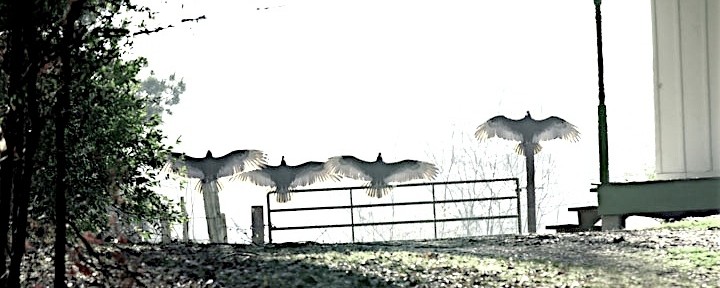Let me formulate a philosophical question. How can a person involve himself in something as trivial as horticulture, especially ornamental horticulture, in times like these? We live in the shadow of wars and rumors of war, the shadow of potential plagues (SARS), and the even deeper shadow of weapons of mass destruction. Discussing the fragrance of a rose, the color of the bloom of Bignonia, or the horticultural practices of keeping the perfect lawn seems inconsequential at best. But I think this is to approach the whole subject on purely emotional terms. To be pruning roses one moment and then watching TV images of bombs falling on Baghdad the next only “seems” irrational. Historically, humankind is always on the brink of some catastrophe, and it must carry on in spite of catastrophe’s threatenings.
C.S. Lewis put this succinctly when he said of men, “They propound mathematical theorems in beleaguered cities, conduct metaphysical arguments in condemned cells, make jokes on scaffolds, discuss the last new poem while advancing to the walls of Quebec, and comb their hair at Thermopylae. This is not panache; it is our nature.” Lewis’ point is that if we wait for a time of normalcy and tranquility before engaging in the quest for beauty and culture then the quest will never begin.
As I thought about gardening in these days of turmoil, I couldn’t help but think of Beethoven creating his great masterpieces during the Napoleonic Wars or of Napoleon’s wife Josephine collecting and growing roses at her estate, Malmaison. I thought of Mozart who composed in spite of the turmoils both political and personal that swirled around him. There are Jefferson and Washington who never left off gardening (or at least thinking about it) even during the American Revolution and later as they forged together a republic in the New World.
We garden and think of beauty in between our own personal conflicts. William Cowper, the great hymn writer and English poet, wrote and gardened in between his own personal battles with insanity. He wrote to a friend, “Having commenced gardening, I study the arts of pruning, sowing, and planting; and enterprise everything in that way from melons down to cabbages. I have a large garden to display my abilities in.”
To design a garden in one’s imagination in a hospital waiting room only seems incongruous. To take pleasure in the fragrance of blooming wisteria while standing at the gravesite of a loved one is not out of place. To be concerned with aphids over-running the garden at the same moment we are occupied with terrorist alerts- yellow, orange, and red- only seems strange. It is, rather, just the opposite. The fact that my garden thrives in spite of terrorism is a very good thing. It may not be as grand a victory as Beethoven creating symphonies during the Napoleonic Wars or as Cowper writing and gardening in between his bouts with insanity. Gardening in these days is a small triumph but a triumph none-the-less.

